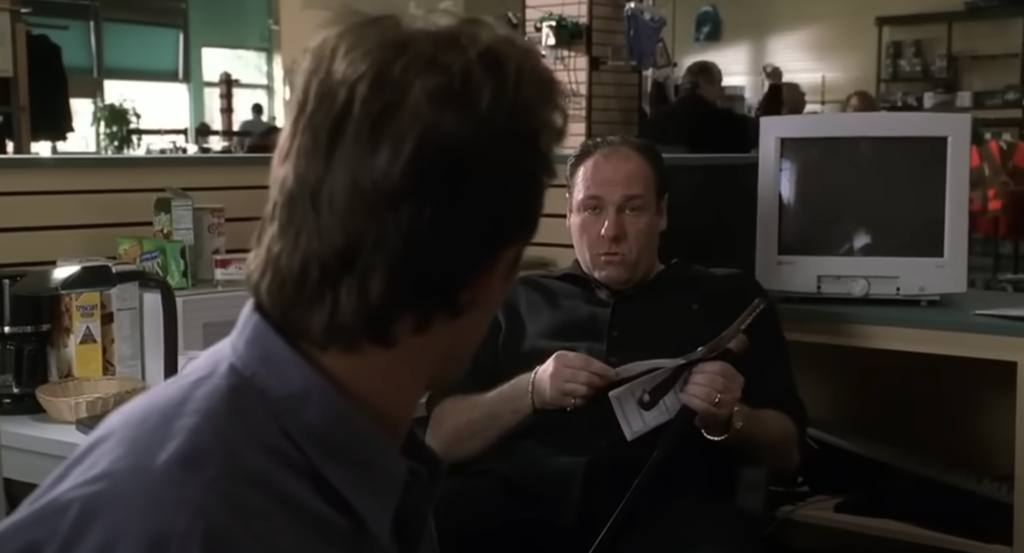Crush the workers. Share price. Share Price.

Another day, another tech bro dipshit here to address the problem of underpaid contingent faculty while demonstrating total ignorance about the subjects of labor relations and academic hiring:
Pseudo-profundity on full display. All representative institutions represent people who are alive. Congress represents current constitutions, CEOs cater to current shareholders. https://t.co/G3kCGv6jPk— Lindsay Beyerstein (@beyerstein) April 8, 2024
The idea that it’s only unionized employees and not owners and management who have incentives to prioritize a shorter time horizon is especially grimly amusing given the major new Seattle Times story about Boeing, which points out that the decline of the company is about both immediate CEO/shareholder gratification and attacking labor, particularly unionized labor. The squeezing of worker pay and the contempt for their knowledge and experience is partly about maximizing short-term profits, but it’s also partly just an end in itself:
The intense backlash against Boeing after the near catastrophe aboard an Alaska Airlines 737 MAX in January wasn’t a reaction to an isolated manufacturing error but to a yearslong decline of safety standards.
The arc of Boeing’s fall can be traced back a quarter century, to when its leaders elevated the interests of shareholders above all others, said Richard Aboulafia, industry analyst with AeroDynamic Advisory.
“Crush the workers. Share price. Share price. Share price. Financial moves and metrics come first,” was Boeing’s philosophy, he said. It was, he said, “a ruthless effort to cut costs without any realization of what it could do to capabilities.”
To drive down costs, Boeing chose to aggressively confront first its workforce and then its suppliers rather than partner with them. It left both, Aboulafia said, “angry and alienated.”
[…]
To ensure they beat Wall Street projections every quarter, Boeing boosted the stock price with accounting tricks, such as pulling forward airline cash advances.
Its leaders outsourced work, sold off whole divisions and discarded key capabilities such as developing avionics, machining parts and building fuselages. On the 787, they even outsourced the jet’s wings to Japan.
They moved work away from Boeing’s highly skilled, unionized base in the Puget Sound region. They weakened unions and extorted state government with repeated threats to build future airplanes elsewhere.
[…]
Seattle-area Boeing employees and retirees have long complained about the negative cultural impact of the 1997 merger with McDonnell Douglas. That swept in former 25-year GE veteran Harry Stonecipher to run things, the first in a train of executive leaders who had worked under and sought to imitate Welch as cold, imperial CEOs.
These Welch acolytes treated experienced engineers and machinists as expendable, ignoring the potential damage to Boeing’s essential mission of designing and building high-quality airplanes.
One thing that really should be mentioned more often is that the managerial principles of MANAGER OF THE CENTURY Jack Welch were ultimately a total disaster…for General Electric, which no longer exists as anything but some licensed brands:
GE’s financial engineering collapsed that company into near bankruptcy in the 2008 financial crisis. It had to sell off the light bulb and appliance divisions. The once-great American manufacturer was finally broken up completely earlier this month.
Jack Welch’s managerial principles can also be seen in action at the Bamboo Lounge and Ramsey Sports and Outdoors. Fuck you, pay me!


